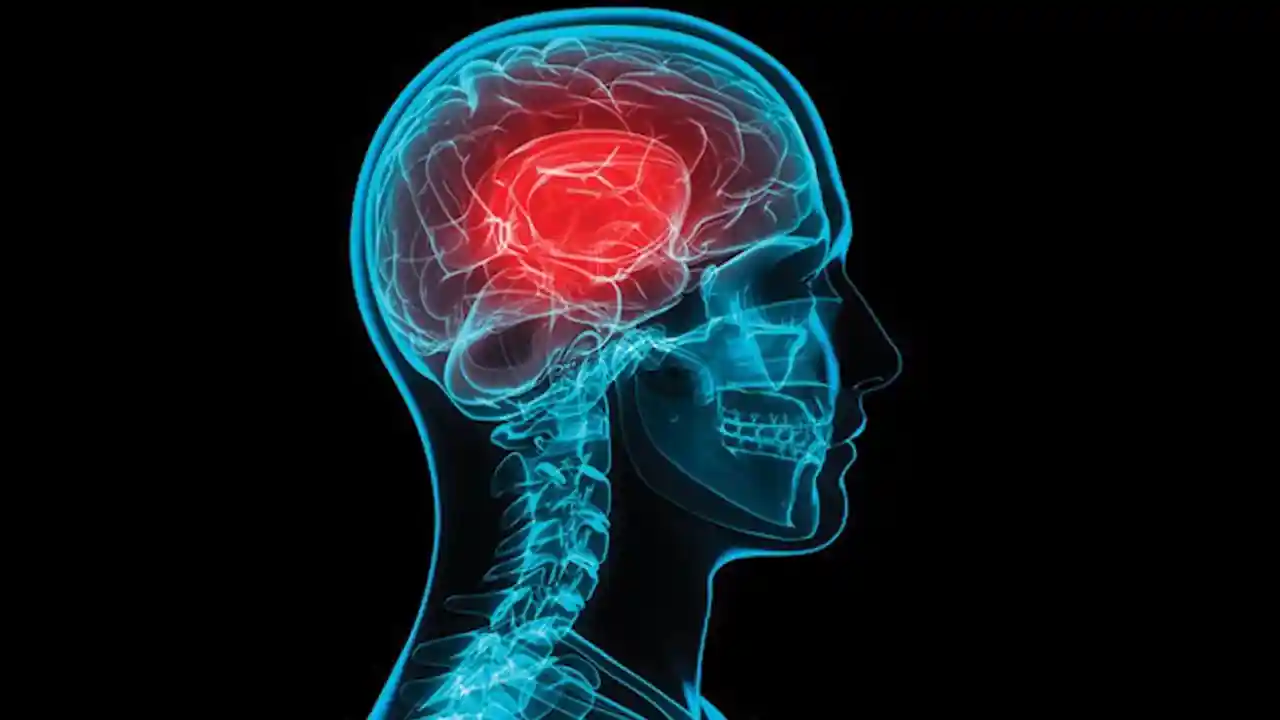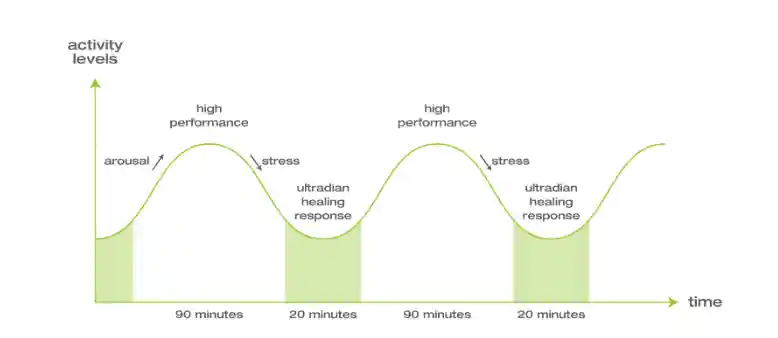Topics
- Article
#WHOOPEd Weekly Digest, Vol. 6

This week, does exercise improve sleep? How does poor sleep affect learning? Plus what concussions do to athletes’ HRV.
Monday, June 12
How does poor sleep affect our ability to learn? Study investigates
http://www.medicalnewstoday.com/articles/317597.php
- A study conducted by a team of researchers from the University of Zurich examined the effect of disturbed deep sleep on the brain’s ability to learn new things.
- The motor cortex of the brain is responsible for developing and controlling motor skills and deep sleep (SWS) is key for memory formation and processing, as well as restoring the brain after a day of activity.
- The researchers found that after a night of perturbed deep sleep, participants best performance on a learning motor task was equivalent to their worst performance after a night of normal sleep.
- The researchers concluded that, when deep sleep is manipulated, neuron synapses do not rest as they normally would, which inhibits neuroplasticity. Meaning, the brain is unable to cement the memory of any learned skill from the day.
- This is the first time that a study has proven the causal connection between deep sleep and learning efficiency.
Tuesday, June 13
Acute sport-related concussion suppresses heart rate variability beyond clinical recovery
http://bjsm.bmj.com/content/51/11/A38.2
- The study was conducted to determine the effect of acute sport-related concussion on HRV in contact sport athletes over one month post-injury.
- 136 males contact sport athletes were recruited. Of them, 14 athletes sustained concussions in the season.
- Participants completed baseline HRV testing, as well as 72 hours post-injury, 2 weeks post-injury, and 1-month post-injury.
- The researchers found that the concussions induced a delayed reduction in HRV that did not manifest until near-clinical recovery, and persisted at least one month post-injury.
- This finding suggests that concussions impair regulation of the autonomic nervous system for a duration longer than clinicians recommend for recovery.
Wednesday, June 14
Sleep extension improves response time, reduces fatigue in professional baseball players
https://www.eurekalert.org/pub_releases/2017-06/aaos-sei060117.php
- After 5 nights of sleep extension, players from an MLB organization reacted 122 milliseconds faster on a cognitive processing speed test and 66 milliseconds faster on a selective attention test with distractors.
- One additional hour of sleep for 5 days demonstrated benefits on an athlete’s visual search abilities, important for reacting to different types of pitches.
- Assessments of fatigue, tension, and daytime sleepiness all decreased by more than one-third after sleep extension.
- The findings suggest that short-term sleep loading during periods of high training volume may be a practical recovery strategy.
Thursday, June 15
Will Exercise Really Help Me Get Better Sleep?
- An exercise routine can improve sleep quality, but it matters what time you work out and what exercise you are doing.
- Consistency is crucial. A 2013 study found that people with insomnia only started to sleep more soundly after 4 months of regular, weekly workouts. It’s better to workout for 30 minutes daily as opposed to push yourself for several hours on the weekend.
- Alon Avidan, UCLA professor of neurology, recommends endurance-based, aerobic workouts (ex. running, swimming, bicycling, hiking) to promote sleep.
- Aim to exercise early in the morning or in the afternoon. High intensity exercise before bed can disrupt sleep. If you want to exercise in the evening, try yoga or stretching. This will raise your core temperature during the activity, and the steady drop in temperature thereafter will signal to your brain that it’s time for bed.
Friday, June 16
Working in Sprints With Regular Breaks Will Totally Transform Your Productivity
- The human body operates on cycles called ultradian rhythms, where each cycle has a peak of energy and a doldrum. Your brain can only focus from 90-120 minutes, after which you need a 20-30 min break to achieve high performance on the next task.

- In each 90 min sprint, focus on one task at a time and avoid distractions. Then, allow yourself 20 minutes of mental rest before starting the next task.
- In a 1993 study of violinists, researcher Anders Ericsson found that the best performers all practices the same way: in the morning, broken up into three sessions of 90 min or less with breaks in between.
- Psychologist Mihaly Csikszentmihalyi coined the term “flow” to describe peak mental performance. Flow is the mental state in which a person performing an activity is fully immersed in the feeling of energized focus, full involvement, and enjoyment in the process.
- “The best moments usually occur when a person’s body or mind is stretched to its limits in a voluntary effort to accomplish something difficult and worthwhile. Optimal experience is thus something that we make happen.”
- Establish a routine that capitalizes on the natural rhythms of your body. Identify your peak times and schedule your tasks into 90 min bursts to match natural energy with the demand.